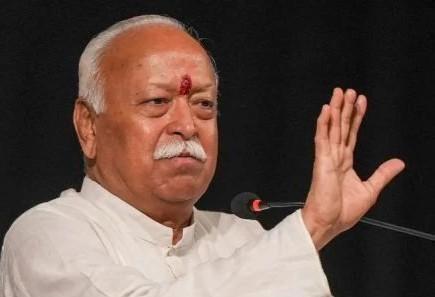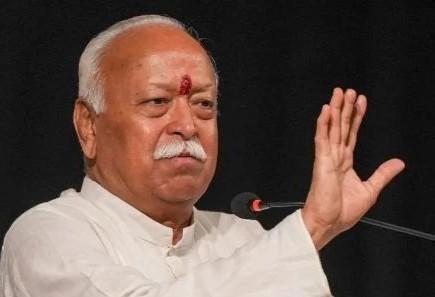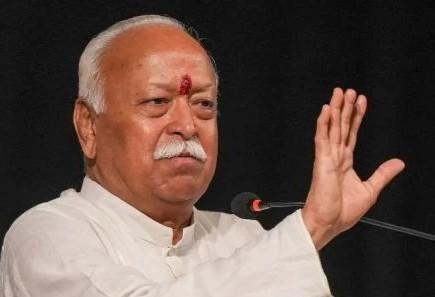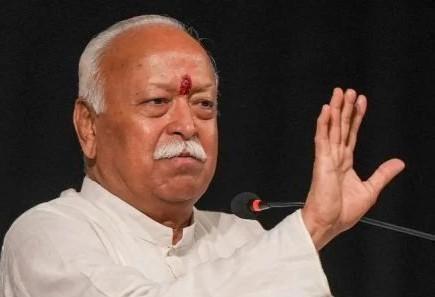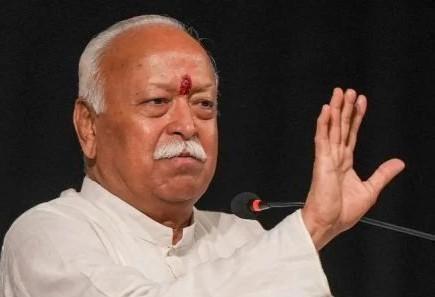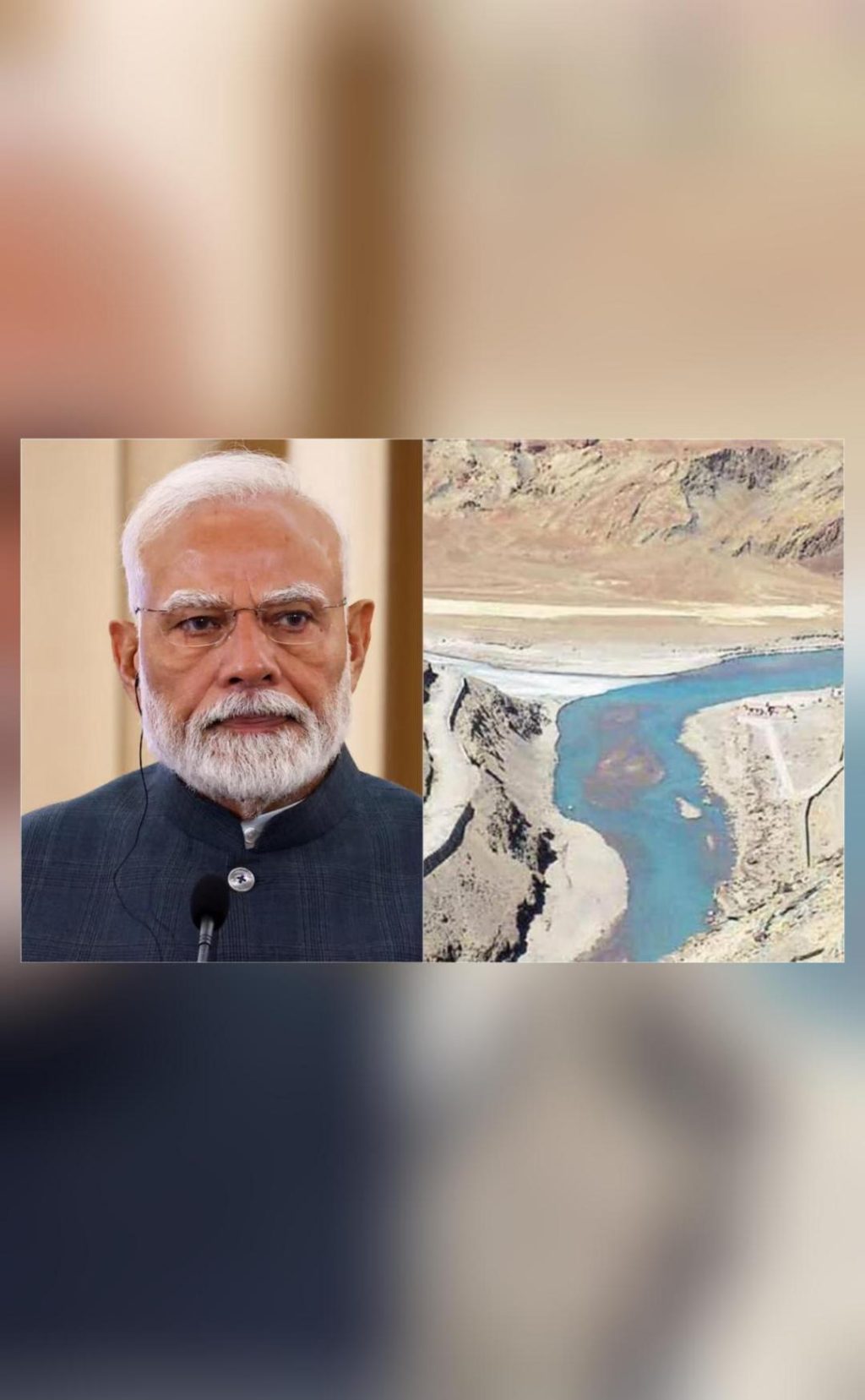
PM Modi Corrected Historic Betrayal: Himanta
In a significant move, Prime Minister Narendra Modi-led government has suspended the Indus Waters Treaty with Pakistan. The treaty, signed in 1960 by Pandit Jawaharlal Nehru, aimed to regulate the sharing of the waters of the Indus and its tributaries between India and Pakistan. However, Assam Chief Minister Himanta Biswa Sarma has hailed this decision as a historic correction of a strategic blunder made by Nehru.
In an interview with a leading news channel, Sarma stated that Nehru’s signing of the Indus Waters Treaty stands as one of the greatest strategic blunders in India’s history. He praised PM Modi for delivering a historic body blow to this injustice, saying that the move strikes at the heart of Pakistan’s fragile economy.
The Indus Waters Treaty was signed during the tumultuous period of the Indo-Pakistani War of 1965. The treaty aimed to resolve the dispute over the sharing of the Indus River and its tributaries between the two nations. However, over the years, Pakistan has been accused of violating the treaty, particularly with regards to the construction of dams and water storage facilities on the Indus River and its tributaries.
The suspension of the treaty comes in the backdrop of a significant escalation in tensions between India and Pakistan. The relations between the two nations have been strained since the Pulwama terrorist attack in 2019, which resulted in the deaths of 40 Indian Central Reserve Police Force (CRPF) personnel.
Sarma’s comments on the Indus Waters Treaty are significant, as he is one of the most prominent leaders of the Bharatiya Janata Party (BJP) in the Northeastern region of India. His views on the treaty reflect the sentiment of many in India who have long felt that the treaty has been disadvantageous to the country.
The Assam Chief Minister’s criticism of Nehru’s decision to sign the treaty is not without merit. Many historians and strategic analysts have pointed out that the treaty was a strategic blunder, as it allowed Pakistan to control the flow of water in the Indus River and its tributaries, thereby giving it a significant advantage over India.
Pakistan has long been accused of violating the treaty, particularly with regards to the construction of dams and water storage facilities on the Indus River and its tributaries. The country has built several dams, including the Mangla Dam and the Tarbela Dam, which have significantly reduced the flow of water into India.
India has long felt that Pakistan’s actions are a violation of the treaty and have been demanding that the country take measures to rectify the situation. However, Pakistan has refused to comply, citing the treaty as a binding agreement between the two nations.
The suspension of the treaty is a significant development, as it sends a strong message to Pakistan that India will no longer tolerate its violations of the treaty. The move is seen as a bold step by the Modi government, which has been accused of being soft on Pakistan.
The implications of the suspension of the treaty are significant, as it could have far-reaching consequences for the relations between India and Pakistan. The move is likely to escalate tensions between the two nations, particularly if Pakistan refuses to comply with India’s demands.
However, many in India see this move as a necessary step to correct a historic injustice. The suspension of the treaty is a bold step towards asserting India’s rights over its water resources and towards putting pressure on Pakistan to comply with the treaty.
In conclusion, the suspension of the Indus Waters Treaty is a significant development in the relations between India and Pakistan. The move is seen as a historic correction of a strategic blunder made by Nehru, and is likely to have far-reaching consequences for the relations between the two nations.
